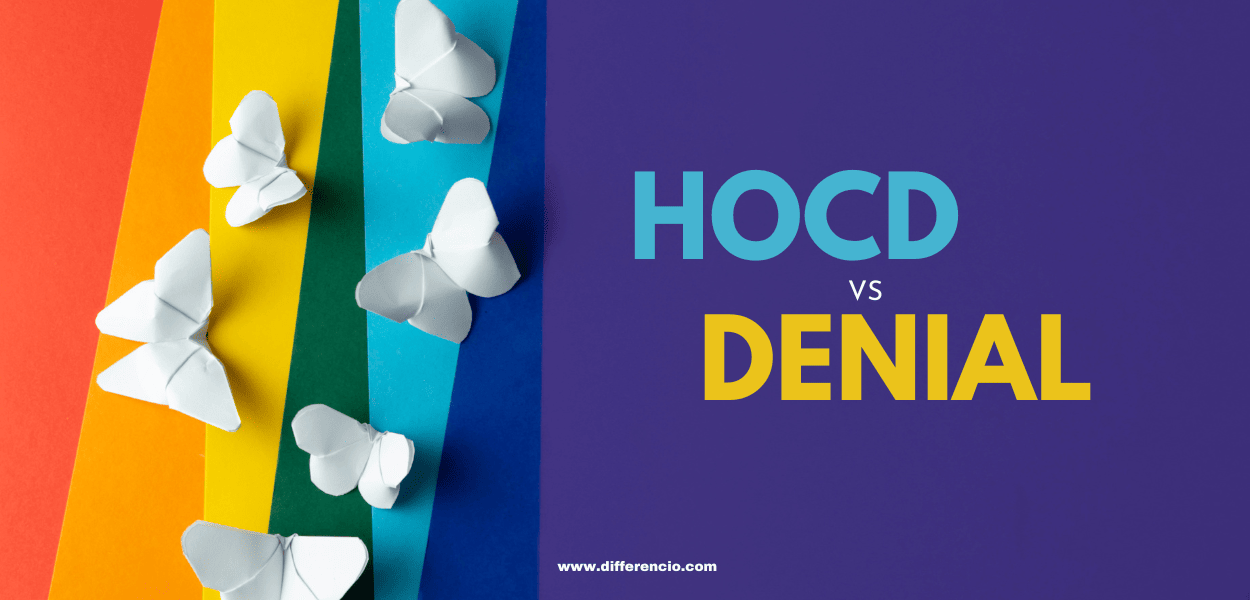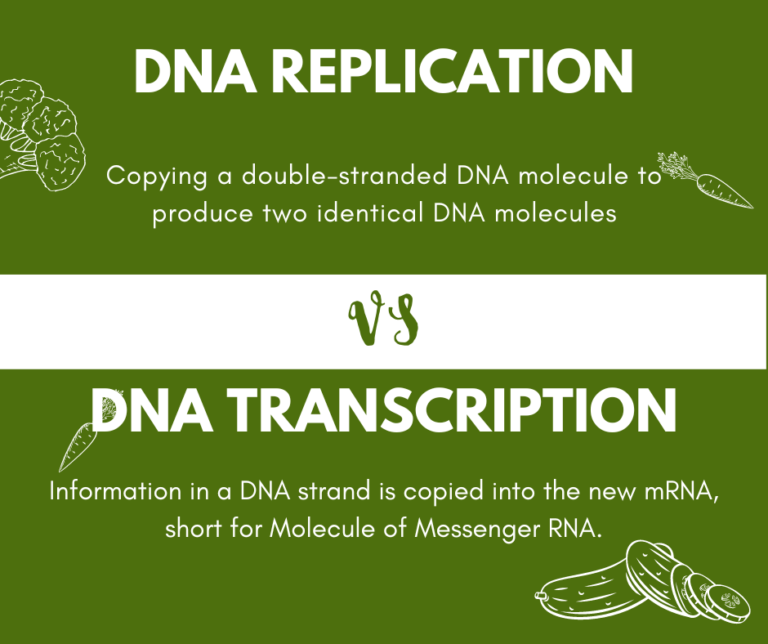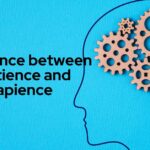Sexual orientation, gender identity and homosexuality are 3 terminologies that help understand HOCD and denial better. Sexual orientation refers to an individual’s sense of identity based on their sexual preference. Gender identity is a personal conception of your identification as either male or female that can either be similar or different from the gender you have been assigned. Homosexuality is the term used to describe sexual interest in and attraction to members of one’s own sex; male homosexuals referred to as gay while females going by the term ‘lesbians’. HOCD and Denial are terminologies related to these
What is HOCD?
HOCD or Homosexual Obsessive Compulsive Disorder is a kind of Obsessive Compulsive Disorder characterised by the fear of being homosexual or constant obsessions about your sexuality/ sexual preferences. Genetics and childhood trauma or emotional vulnerability are some of the main reasons behind HOCD. That associated with the fear of being rejected by society, having watched a homosexual individual get bullied or teased or having failed relationships/ bad experiences with people of the opposite sex can act as triggers to the condition.
Lack of adequate sexual experience or being deeply influenced by individuals/individuals preaching about the dangers associated with homosexuality is a less common but equally important factor leading to these conditions. HOCD is characterized by
- self-doubt of an individual regarding their sexual preference and identify
- avoiding contact with people that have previously identified themselves as gay/lesbians/bisexual
- unwanted sexual thoughts about people of the same sex
- excessive fear of being identified as homosexual
What is Denial?
Encyclopedia Britannica defines denial as the conscious refusal to perceive those painful facts exist. Denial in terms of homosexuality refers to the individual refusing to admit the truth about their sexual orientation and reacting in an unnatural manner to the feeling.
Anna Freud has referred to denial as a defense mechanism involving the refusal to accept reality and thus blocking external events from awareness. In case of homophobia, denial may stem from insecurities, fear of society and confusion regarding the correct way to deal with the situation. There are 3 types of denial
- Simple denial
- Fully aware of the condition but denying about it
- Minimization
- Trying to minimise the effects of the situation instead of accepting it
- Projection
- Blaming others/ external elements for the situation
It is characterized by
- Refusing to talk about your homosexuality
- Ignoring the concerns and advice of family and loved ones
- When confronted about your orientation, denying outright about lt
- Projecting it as a problem and blaming others for it
Denial about your homosexuality can be traumatic for the individual and their families trying to support them or stand up for them. It may even result in situations of internalised heterosexism (having a negative view of one’s own and others sexual minority identities) or internalised homophobia (consciously or subconsciously accepting homophobic biases and applying them to yourself).
Difference between HOCD and Denial
| HOCD | Denial | |
| Phases | Occurs in the early stages of coming out of closet | Occurs in the intermediate stages of coming out of closet |
| Accuracy | May or May not be indicative of homosexuality | Clear indication of homosexuality |
| Characterisation | Near constant doubt | By 3 stages of denial, minimization and projection |
| Anxiety quotient | More in this stage | Relatively less taken over by feelings of anger and resentment |
| Reassuring strategies | Don’t work satisfactorily | Work better than HOCD cases |
| Attraction level to same sex | Variable and unidentified | Constant and identified |
| Scope of getting help | Increased | Decreased |
Conclusion
Letting go of conditions of HOCD and denial may not always be an easy task. Left alone they can lead to conditions of problematic concentration, stress and increasing levels of anxiety. This in due course of time can proceed into lead to problems in social and personal life. Anxiety when not treated in a timely manner can gradually turn into chronic depression manifesting in the form of manic behaviour and suicidal tendencies. Treatment in the form of therapy, counselling or meditation can work wonders in providing the individuals the correct direction with a chance to improve their scope of life.
Reference
- www.choosingtherapy.com/hocd/#causes-triggers-of-sexual-orientation-ocd
- www.simplypsychology.org/defense-mechanisms.html
- www.apcbham.org/2019/10/01/denial-why-it-happens-and-how-to-overcome-it/
- www.medicalnewstoday.com/articles/internalized-homophobia
- www.apcbham.org/2019/10/01/denial-why-it-happens-and-how-to-overcome-it/







